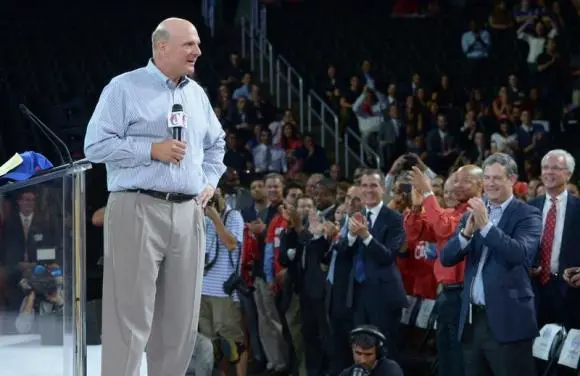Cuba and the United States are preparing to hold historic high-level talks on restoring relations and immigration issues, starting Wednesday in Havana, the Cuban capital.
The talks, the first following a surprise joint announcement in December by the leaders of both countries on their decision to normalize ties after more than a half century of hostility, are expected to lead initially to the reopening of their respective embassies.
The Jan. 21-22 talks will be held at Havana's convention center. The talks will aim "to assess the progress of the 1994 and 1995 immigration accords and the actions taken by both sides to tackle illegal immigration and human trafficking in migrants, among other topics," Cuban Foreign Relations Ministry said in a statement.
Officials from both nations met over immigration issues in July in Washington, with Cuba insisting that the U.S.' so-called "wet foot, dry foot" policy prevent "legal, secure and orderly" immigration between the two countries. The policy basically grants Cubans who reach U.S. soil automatic residency, encouraging many to risk their lives to raft the dangerous waters between the Caribbean island and the southern U.S. state of Florida.
On Thursday, the participants are expected to broach the issue of normalizing diplomatic ties, as announced by U.S. President Barack Obama and Cuban leader Raul Castro in simultaneously televised broadcasts on Dec. 17.
Officials will discuss "the principles and steps to reestablishing diplomatic relations and opening embassies in both countries," said the statement.
U.S. Assistant Secretary of State for Western Hemisphere Affairs Roberta Jacobson will lead her country's delegation to Thursday's meeting, marking the highest level encounter between the two nations in nearly four decades.
In the lead up to the talks, a U.S. congressional delegation traveled to Havana over the weekend, the first time in more than 50 years that U.S. legislators have visited Cuba.
After announcing the restoration of ties, Washington has relaxed its economic restrictions against Cuba, first imposed in 1962, including allowing the use of U.S. credit cards, raising the limit on purchases made in Cuba to 400 U.S. dollars, as well as the limit on remittances from the United States to Cuba, from 500 dollars to 2,000 dollars every three months.
State daily Granma described the measures as "a step in the right direction," but added there was still "a long way to go" before the embargo is fully lifted. Enditem
 简体中文
简体中文

